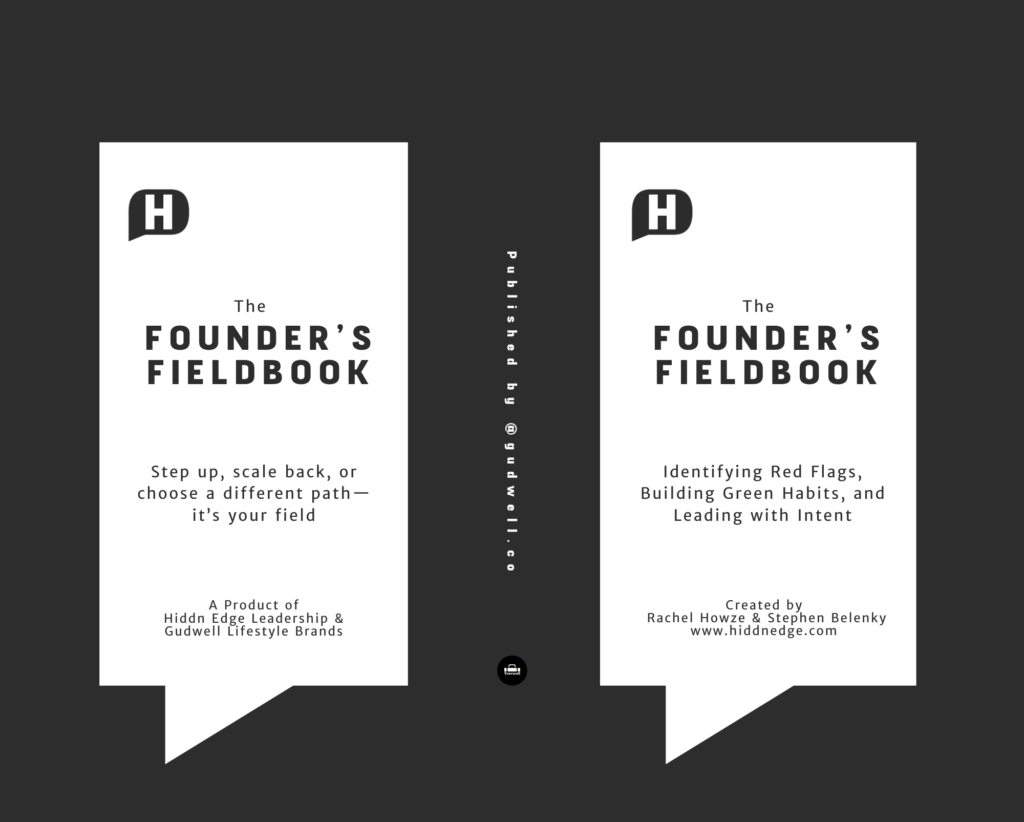Grounded or Guided?
December 17, 2024

The philosophical divide in the alchemy of coaching
Less transformation. More trial and error
The coaching industry is growing faster than ever, promising solutions for everything from personal transformation to career optimization. There are even coaches coaching the coaches now. That must be some kind of fourth wall being broken there. All the same, the demand shows no signs of slowing, and there’s no shortage of people stepping up to claim the guru mantle, whether trained or not.
Despite its prevalence and staying power, critical distinctions within coaching often go overlooked, none more so than the foundation from which a coach operates. Among the vast spectrum of methodologies, two distinct approaches frequently intermingle, often with reckless abandon.
On one end, you have coaches who ground their practice in psychology, behavioral science, and data-driven strategies. With their focus on evidence-based strategies, insights, and measurable goals to create change. This method is about clarity, intentionality, and incremental progress. Clients leave with action steps, new habits, and metrics they can track.
On the other, many approach coaching as a spiritual practice, guiding others to meaning, connection, and soul-deep transformation. They center on alignment, self-discovery, and connection to something greater than oneself. Often emphasizing intuition, purpose, and self-healing, the focus is on inner shifts rather than external action. Clients walk away with new perspectives and breakthroughs in understanding their own stories.
Both approaches can yield desired results, but the growing demand for coaching has blurred these lines, leaving clients at risk of mismatches and unmet expectations. While neither is necessarily more valid than the other, these two philosophies often conflict when intertwined; or worse, when one is misrepresented as the other.
Someone seeking pragmatic, step-by-step guidance may feel adrift with a coach leading them through chakra realignments or ancestral healing rituals. Likewise, someone looking for existential clarity might leave a data-based coach’s session feeling unfulfilled by SMART goals or habit trackers.
The distinction isn’t trivial. In fact, the stakes are very high. When the line between science and spirituality blurs without intention or honesty, coaching risks becoming less about transformation and more about trial and error at the client’s expense.
Reframing spiritual mentorship for modern audiences
Coaching as a profession has become a beacon for many who no longer see a place for themselves in more mainstream institutions whether it be corporate America or even divinity. Spiritually-inspired coaches are often among the disenfranchised and have sought refuge in coaching as an outlet for connection and guidance.
These individuals aren’t just offering coaching from a spiritual perspective, they’re reframing spiritual mentorship for modern audiences who’ve grown wary of religion but still crave a deeper sense of purpose. Spiritually-inspired coaches will often reinterpret the role of a pastor or spiritual mentor, tailoring ancient practices or concepts to appeal to a more secular, wellness-focused clientele.
For the disenfranchised spiritual seekers, this model can feel empowering, like liberation from strict dogma in favor of a personalized, exploratory process. They’re introduced to phrases like “energy alignment” or “manifestation,” and a doctrine that swaps out rigid dogma for more fluid, feel-good guidance.
Again, there is nothing inherently “wrong” with this approach. But for the average client, the overlap between spiritual leadership and coaching can blur into something problematic. Without proper framing, a coach grounded in spirituality may inadvertently set expectations they can’t deliver on, especially if the client assumes their approach is backed by psychology or scientific evidence. For instance:
- A coach promising to “help you overcome limiting beliefs” might rely on a spiritual lens that isn’t actionable, offering mantras or meditation instead of research-backed cognitive tools.
- Similarly, language about “radical transformation” might sound compelling, but it can ultimately frustrate clients seeking tangible, measurable change.
Selling the destination without being upfront about the roadmap
Coaches aren’t always clear about their foundational discipline. Let’s face it, they have little incentive to be. In a highly competitive market, ambiguity sells. Jargon bridges the gap between worlds, drawing in clients without clarifying what kind of process they’re signing up for.
For spiritual coaches, sprinkling in terms from psychology or behavior science (even without formal training) makes their services more marketable. Meanwhile, psychologically grounded coaches may borrow spiritual language to enhance their appeal.
Both are tapping into an emerging demand for a blend of frameworks. But without clearly stating where they come from or the limitations of their expertise, they risk creating confused and disappointed clients.
The market has yet to refine its due diligence process, leaving many prospective clients without tools to assess fit or philosophy.
Right now, coaches are selling the destination without being upfront about the roadmap. And can you blame them? Modern day marketing and sales strategy teaches us to focus on the ‘why’ and the ‘what,’ not the ‘how.’ But Intentionally or not, that makes mismatches inevitable.
What a great way to start off a coaching relationship; being gaslit
The misalignment between coach and client isn’t just frustrating; it’s counterproductive. Success in coaching hinges on trust and clarity, both of which collapse when the client’s objectives are fundamentally mismatched with the coach’s methods.
I often encourage people to vet this out before hiring a coach. You can start by asking “how do you define your approach: spiritual, psychological, or a mix? Can you provide examples of your methods?” “Where does your framework come from? Are you trained in evidence-based practices, or do you draw from personal experiences or spiritual traditions?
Bottom line: don’t let ambiguity be a red flag. A qualified coach should be able to articulate their methodology and whether it aligns with your desired outcomes. My research tells me the majority of coaches will not volunteer their process. In fact, they’re often advised by lead-generating firms to at least downplay, if not avoid the conversation altogether.
Some coaches have more nefarious sales tactics and have been known to ward off questions about their methods with manipulative statements like “your need to know the process is a sign you’re resisting growth.” Translation: doubt their process, and suddenly you are the problem. What a great way to start off a coaching relationship; being gaslit.
Final thoughts: close the gap between what’s marketed and what’s practiced
The blending of spirituality and psychology can work when both parties are clear and aligned from the outset. But when a coach deliberately blurs their foundation or lacks a coherent philosophy altogether, coaching becomes a game of smoke and mirrors. Clients walk away feeling unsupported, and the profession as a whole takes a hit.
The rise of spiritual leaders masquerading as coaches isn’t inherently bad. After all, coaching fills an important gap left by increasingly secular, fast-paced societies. But when spiritual or psychological coaches misrepresent their expertise, they create confusion, perpetuate unrealistic promises, and erode trust in the coaching profession itself.
I think it’s time to close the gap between what’s marketed and what’s practiced. Coaches must own their framework, define their lane, and resist the temptation to position themselves as “everything coaches” simply to close the sale. And clients? They must approach the process with clarity and diligence, holding coaches accountable for their claims.
The world of coaching thrives on lofty goals, transformation promises, and high-impact buzzwords, but success is only possible when both coach and client operate from a foundation of honesty. Whether grounded in data or spirituality, the coaching process should empower, never confuse, and that begins with transparency about where the advice is coming from and how it’s meant to serve you. Next time a coach offers to unlock your potential, start by asking, “which key are you using?”
So, what do you think? Is the blending of spirituality and psychology an issue worth considering, or am I overthinking it? Let’s talk about it in the comments.

Be the first to comment